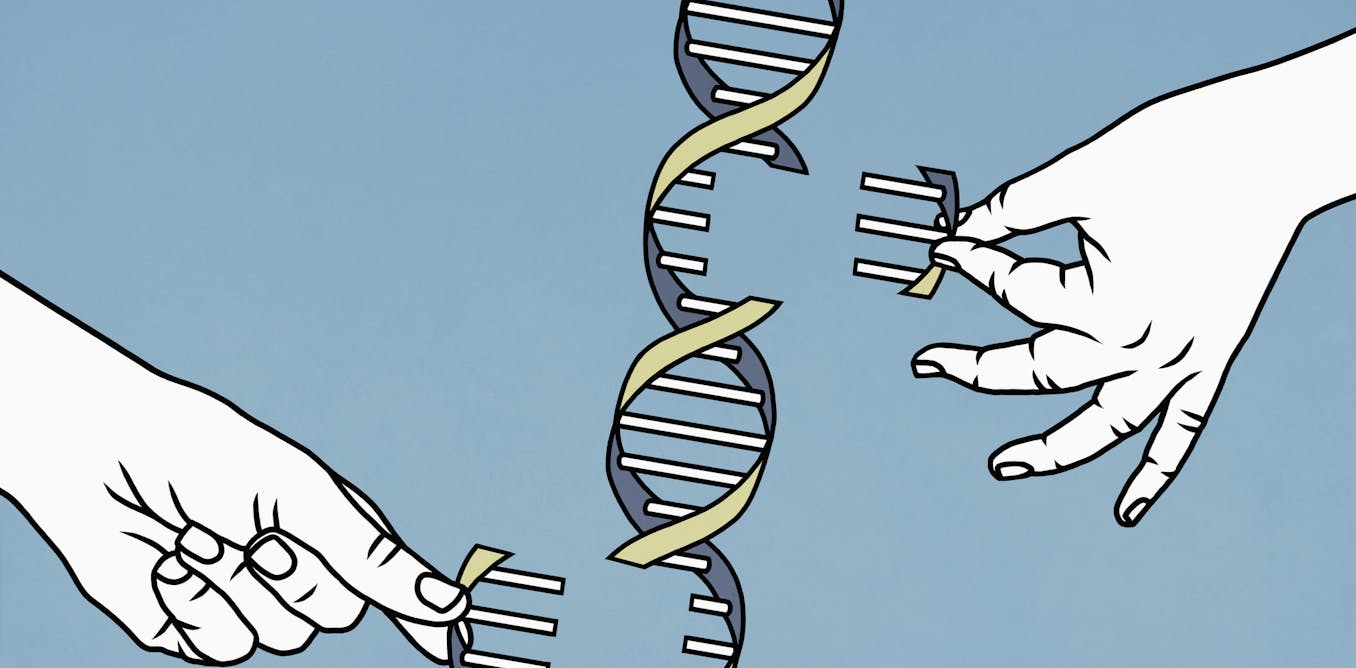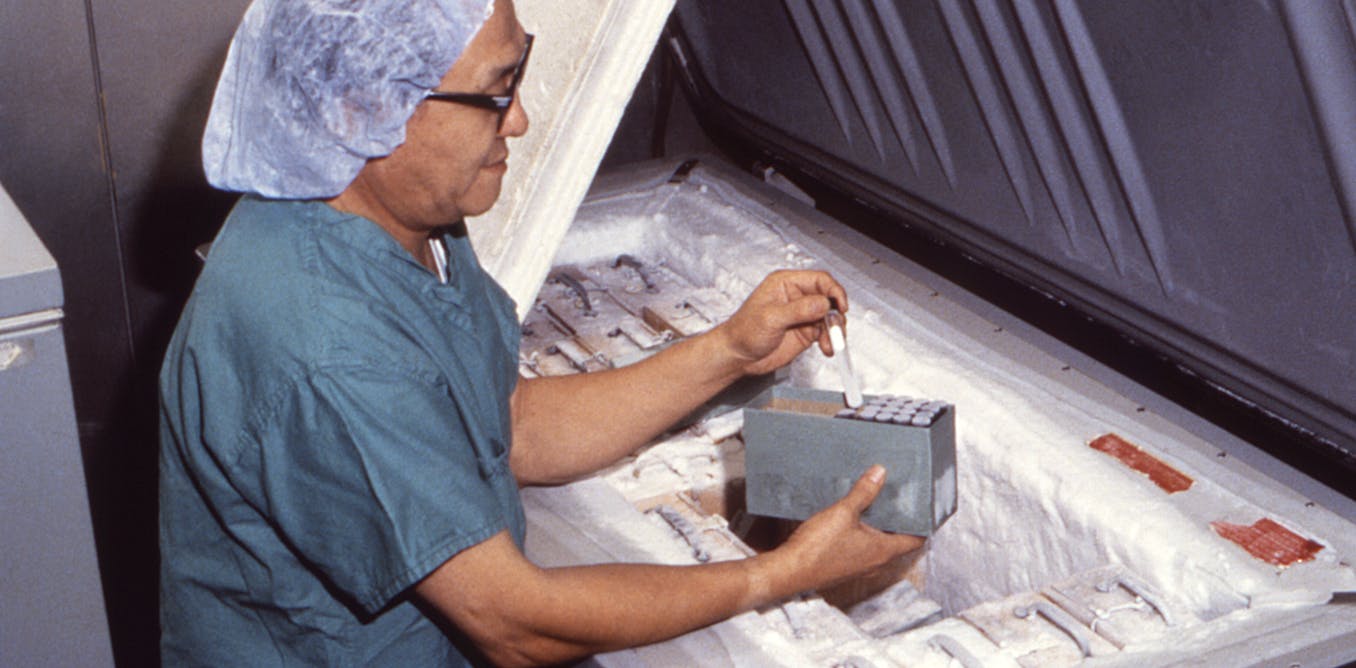The Human Genome Project pieced together only 92% of the DNA – now scientists have finally filled in the remaining 8%
Advances in technology have enabled researchers to sequence the large regions of repetitive DNA that eluded the Human Genome Project.
March 31, 2022 • ~10 min




